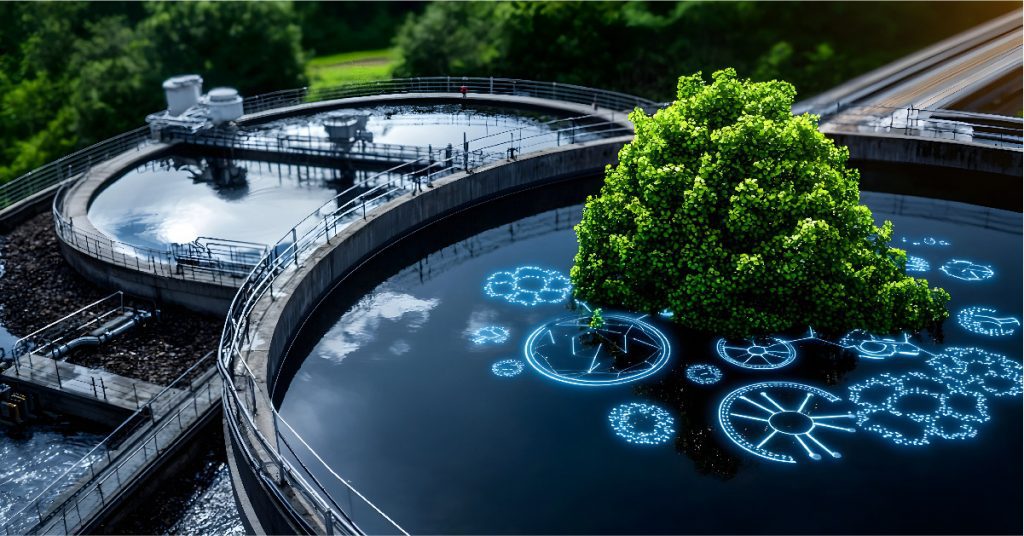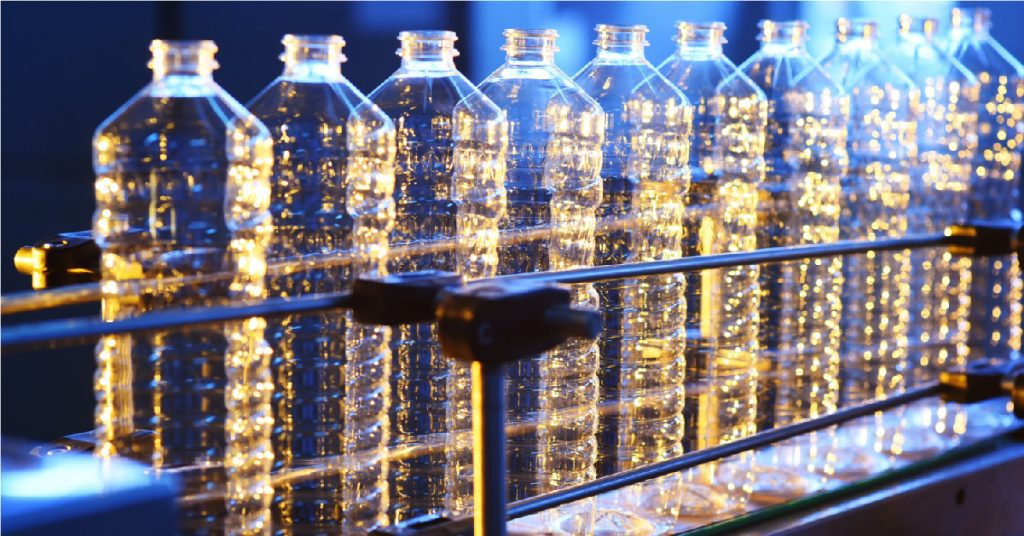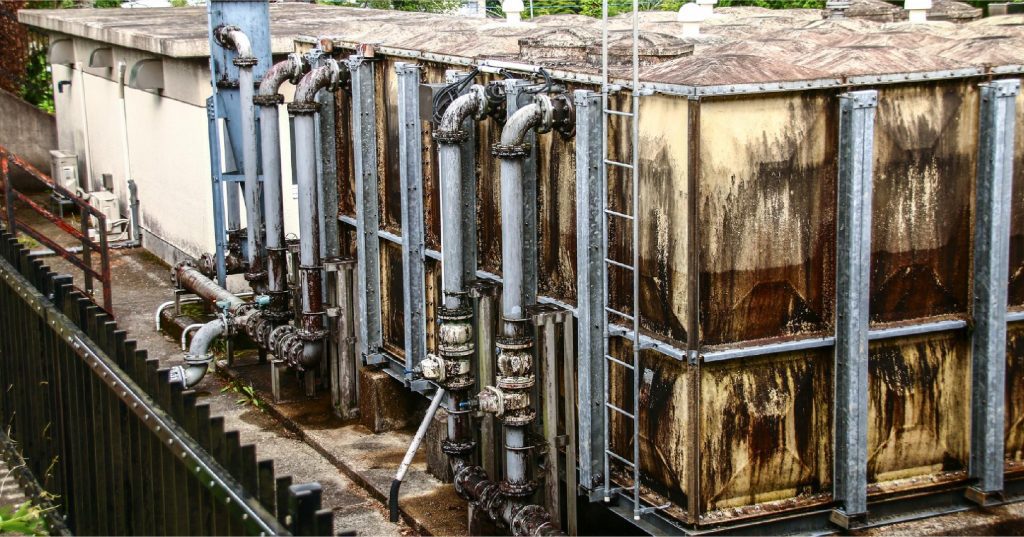Water scarcity and pollution are pressing issues worldwide, making sustainable water management a critical priority. In the USA, where growing populations and industrial activities put immense pressure on freshwater sources, adopting innovative solutions is essential. One such solution is sewage recycling, which ensures that wastewater is treated and reused instead of being discharged into the environment. Implementing sewage recycling plants and sewage recycling systems helps reduce water wastage, alleviate pollution, and create a more sustainable future.
Understanding Sewage Recycling
Sewage recycling is the process of treating wastewater from households, industries, and municipalities to make it reusable for various applications. Unlike conventional wastewater treatment, which focuses on making water safe for disposal, sewage recycling emphasizes reusing treated water for irrigation, industrial processes, and even potable use in some cases. The sewage recycling system involves multiple treatment stages, including filtration, biological treatment, and advanced purification methods such as reverse osmosis and ultraviolet disinfection.
How Sewage Recycling Works?
A sewage recycling plant follows a structured process to ensure the effective treatment of wastewater. The key stages include:
- Preliminary Treatment – Large debris, sand, and grit are removed to prevent damage to downstream equipment.
- Primary Treatment – Settling tanks allow heavier solids to settle at the bottom, forming sludge, while lighter materials float on the surface.
- Secondary Treatment – Biological processes break down organic matter using beneficial microorganisms, reducing pollutants.
- Tertiary Treatment – Advanced filtration, chemical treatment, and disinfection remove any remaining contaminants, making the water suitable for reuse.
- Distribution and Reuse – The treated water is then distributed for applications like irrigation, industrial cooling, and even drinking water in some regions.
Advantages of Recycling Sewage Water
The advantages of recycling sewage water extend beyond just water conservation. It plays a vital role in creating a circular economy, reducing dependency on freshwater sources, and minimizing environmental damage. Here are some key benefits:
1. Reduces Water Scarcity
With rising water demands, especially in drought-prone regions like California, sewage water recycling provides an alternative source of water. By treating and reusing wastewater, communities can ensure a stable water supply without over-extracting from natural sources.
2. Minimizes Pollution
Untreated sewage often contaminates rivers, lakes, and oceans, leading to severe environmental damage. Recycling sewage water prevents pollutants from entering water bodies, protecting aquatic ecosystems and improving water quality.
3. Lowers Energy Consumption
Producing fresh water through desalination or groundwater extraction requires significant energy. In contrast, treating wastewater using a sewage recycling system consumes less energy, making it an eco-friendly solution.
4. Cost-Effective Solution
Industries and municipalities can save money by implementing sewage recycling plants, reducing reliance on costly freshwater sources. The treated water can be reused for industrial processes, cooling systems, and landscaping, cutting down overall expenses.
5. Enhances Agricultural Sustainability
Recycled wastewater serves as an excellent resource for irrigation, providing farmers with a reliable water source. It contains essential nutrients, reducing the need for chemical fertilizers and improving soil health.
6. Supports Industrial Growth
Many industries require large volumes of water for operations. Sewage water recycling ensures a steady water supply, helping businesses meet regulatory requirements while reducing their environmental impact.
7. Promotes Water Independence
By adopting sewage recycling systems, cities and industries can reduce their dependence on external water sources. This is particularly beneficial in areas facing water supply challenges due to climate change or population growth.
Sewage Recycling in the USA: A Growing Trend
Several cities and states in the USA have recognized the importance of sewage recycling and have invested in advanced sewage recycling plants. For example, California’s Orange County operates one of the most sophisticated wastewater recycling facilities, converting sewage into high-quality drinking water. Similarly, Texas and Arizona are also implementing large-scale sewage water recycling projects to address water shortages.
Government agencies, including the Environmental Protection Agency (EPA), are supporting initiatives that encourage industries and municipalities to adopt recycling sewage water technologies. These efforts align with national sustainability goals and contribute to long-term water security.
Ion Exchange’s Advanced Sewage Treatment Solutions for USA
Ion Exchange is a leading provider of innovative water and wastewater treatment solutions in the USA. Their advanced range of sewage treatment plants is designed to meet the diverse needs of the country’s growing population and industrial sectors. With a focus on sustainability and efficiency, Ion Exchange offers customized solutions that incorporate the latest technologies, ensuring optimal performance and environmental compliance.
INDION New Generation Packaged Sewage Treatment Plant (NGPSTP)
It is a state-of-the-art solution that combines the innovative technologies of lamella plate clarification and aeration, resulting in a highly efficient, ready-to-operate, prefabricated system for sewage treatment. This all-in-one single-tank packaged system is designed with a modular capacity ranging from 10 to 100 m3/d, making it both compact and user-friendly. Not only does it deliver high-quality effluent, but it also boasts features that cater to the specific needs of modern facilities. The NGPSTP’s advantages include minimal land usage, reduced power and chemical requirements, and low operating costs, making it an ideal choice for a wide range of applications while ensuring environmental sustainability and cost-effectiveness.
INDION NGPSTP-NR
It is an advanced sewage treatment solution that combines a fixed film reactor with lamella clarification, resulting in a high-performance, prefabricated system that is ready to operate. This all-in-one, modular design offers compact and simple operation with minimal maintenance. Built with an MS tank lined with FRP, it ensures no corrosion, delivering high-quality effluent while being efficient and easy to manage.
Sequencing Batch Reactor (SBR)
It is an advanced activated sludge process that operates in true batch mode, with both aeration and sludge settlement occurring within the same tank. Unlike conventional continuous-flow systems, which separate these functions into different spaces, the SBR performs them in a time sequence, offering greater flexibility. This design allows the SBR to handle varying influent volumes, making it adaptable to changing conditions, unlike the continuous system, which relies on a fixed flow rate.
Advanced Fluidized Media Reactor (AFMR) system
It is a compact SINGLE TANK DESIGN UNIT that integrates an aeration tank with floating media, a lamella settler, and a chlorine contact tank. The AFMR media boasts a high surface area, excellent physical and chemical resistance, and minimal annual losses. INDION’s Advanced FMR offers significant advantages, including reduced space requirements, lower power consumption due to the elimination of sludge recirculation, and minimal maintenance thanks to its design without moving mechanical parts.
Conclusion
Recycling sewage water is a crucial step toward sustainable water management in the USA. With numerous advantages of recycling sewage water, including reduced water scarcity, lower pollution levels, and cost savings, adopting sewage recycling systems is essential for long-term water security.
Connect with Ion Exchange experts today to learn more about sewage recycling plants.





